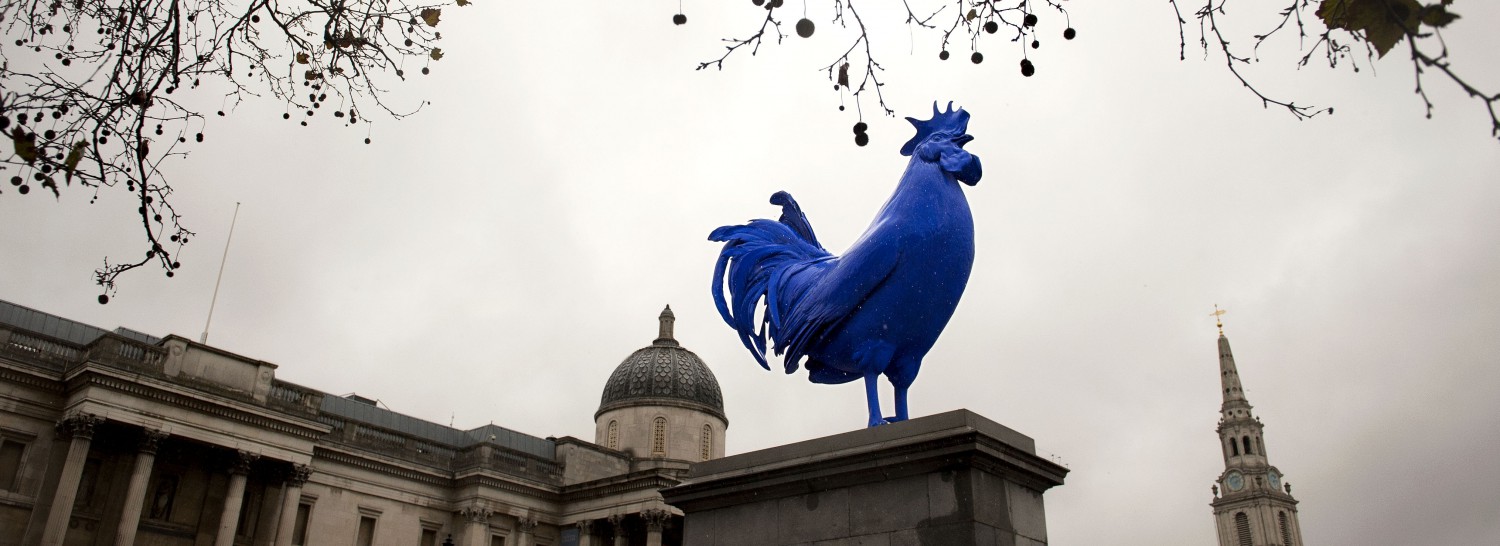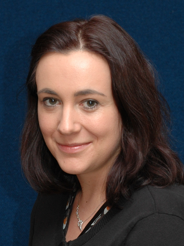Marina is a lecturer in Psychology at the University of Plymouth. She completed her Masters degree at the University of Salzburg supervised by Prof. Josef Perner, and conducted her PhD with Dr. Martin Doherty at the University of Stirling. She has worked as Research Associate at Lancaster University and worked on a British Academy grant in collaboration with Dr. Martin Doherty and Prof. Liz Robinson. She was then awarded a research grant from the Economic and Social Research Council at the University of Warwick, with the same collaborators. She moved to the Department of Psychology in Plymouth in April 2011.
For more details, please visit her website
How we develop an understanding of pictorial representation: Evidence from ambiguous figures research
Wednesday, 7th May 2014 – 16:00 to 18:00 | Room TBA
Ambiguous figures have fascinated researchers for almost 200 years. The physical properties of these figures remain constant, yet two distinct interpretations are possible; these reverse (switch) from one percept to the other. In this talk I will present evidence on the specific process of the reversal phenomenon (ambiguity and reversibility) by using a developmental approach including 3-, 4- and 5-year-old children.
Understanding ambiguity requires pictorial metarepresentation and is associated with understanding mental (false beliefs) and linguistic representation (synonymy, homonymy). This suggests a broader conceptual development of representation around the age of 4. The perception of ambiguity develops between 4 and 5 years. Within this age range children also develop inhibitory and image generation abilities. These are key processes allowing reversal.
Thus, developmental findings give detailed insight into the underlying processes of how we disambiguate visual information conceptually (ambiguity) and perceptually (reversibility).

